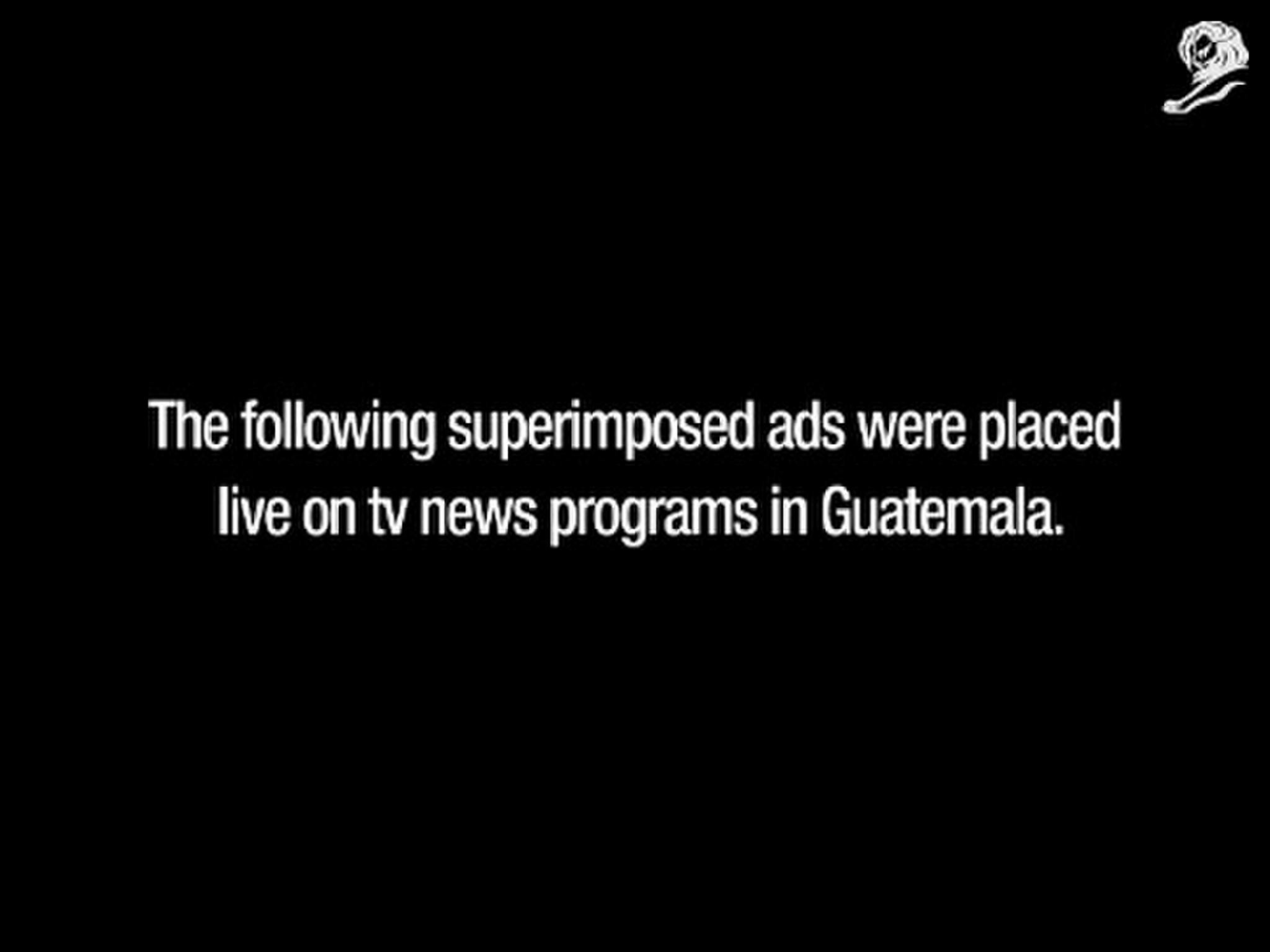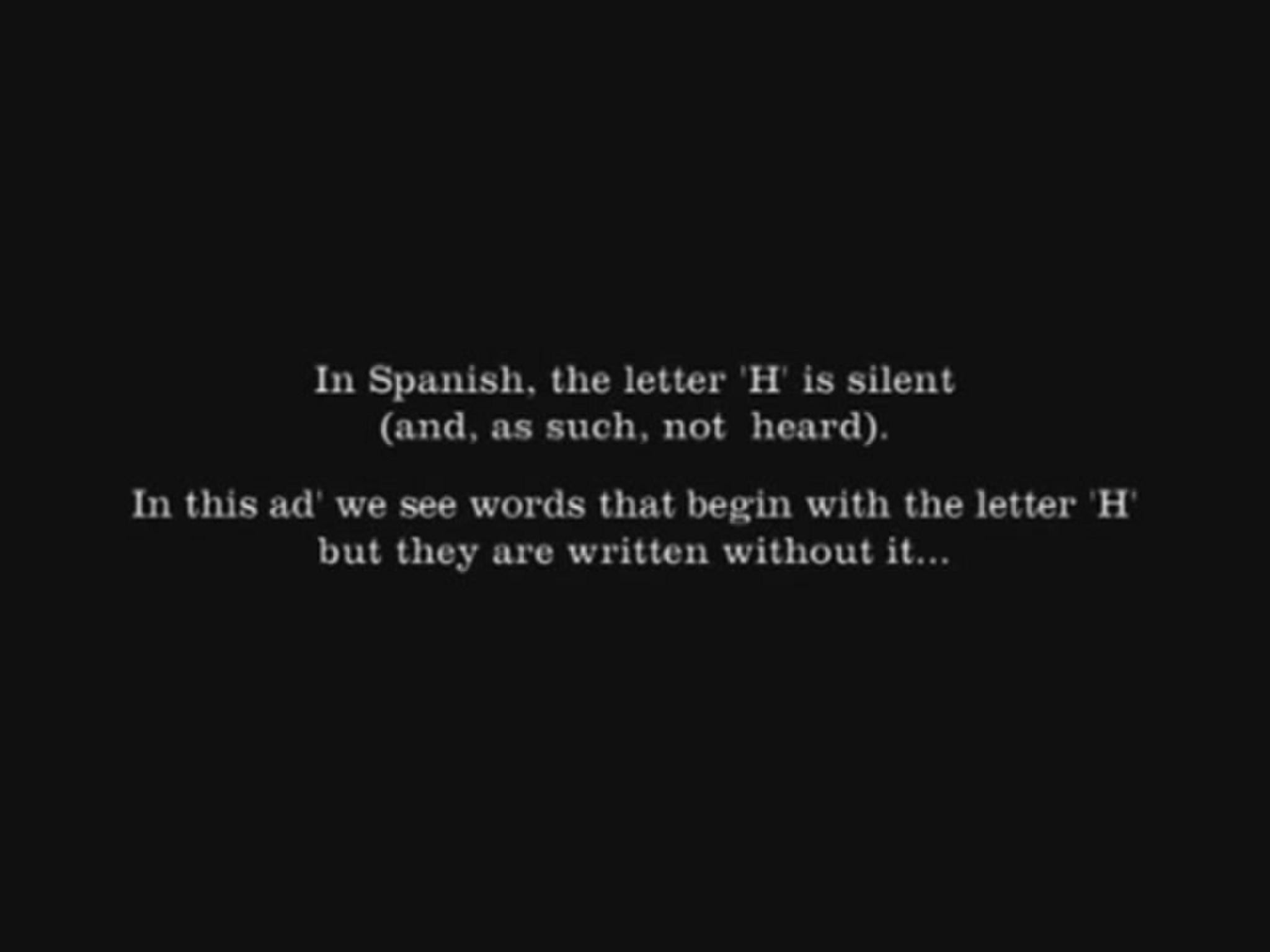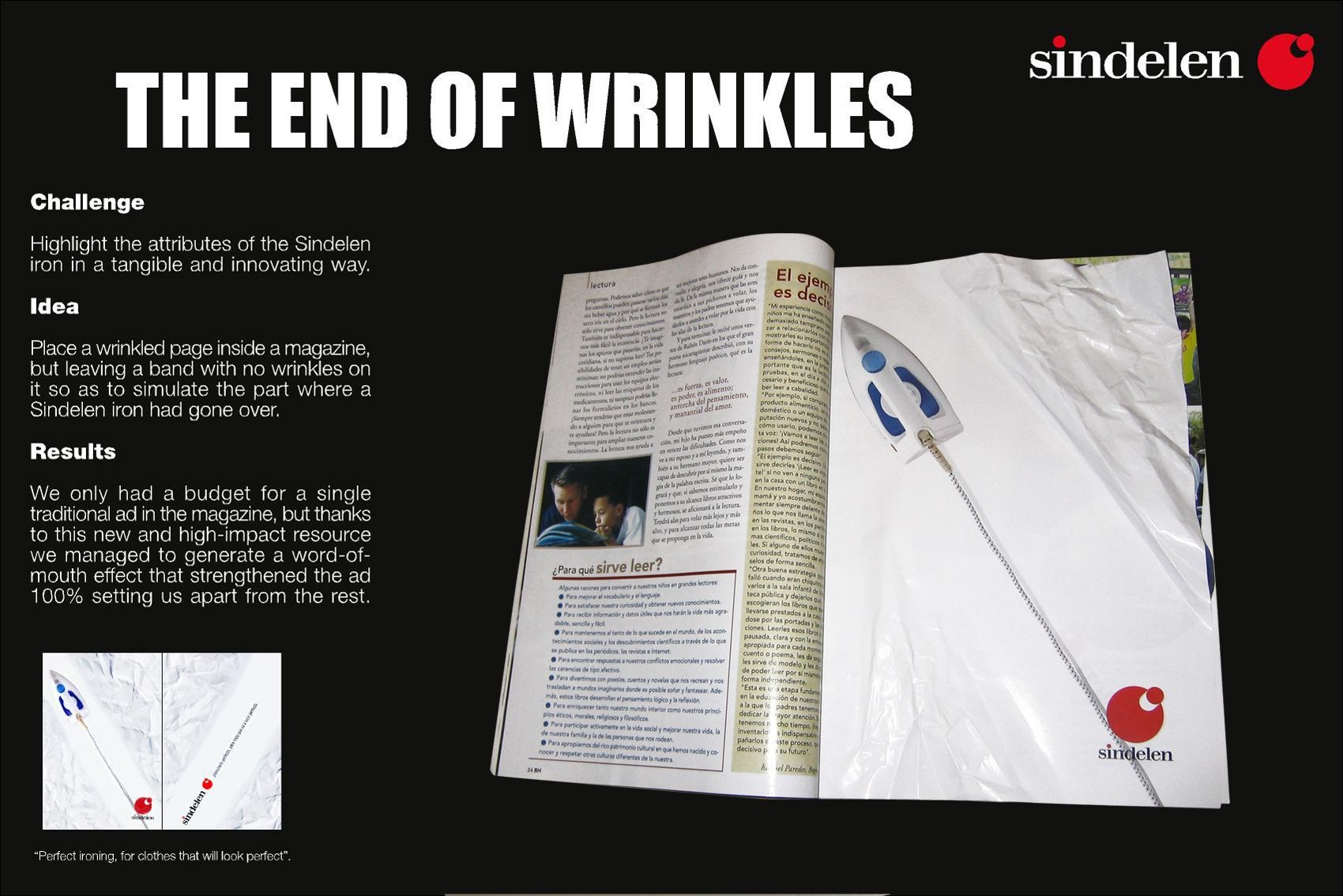Cannes Lions
The Cost of Beauty
OGILVY, London / DOVE / 2023
Awards:


Overview
Entries
Credits
OVERVIEW
Background
Kids are experiencing severe mental health issues from the onslaught of seemingly endless toxic beauty content on social media. Anxiety, depression, self-harm, eating disorders, PTSD, and even suicide - the harm social media can cause has no limits. Because neither does social media. In fact, the majority of young girls say they feel the pressure to look perfect and match what they see on social media. Our brief was twofold: first, highlight the scale of the social media-induced mental health crisis among kids; and second, inspire the world to act, demand change, and save kids from the dire consequences of toxic beauty content. Our goal was to mobilize the masses by creating a single, shareable film and get viewers to sign the petition to support the Kids Online Safety Act.
Idea
Toxic beauty content is devastating the mental health of 3 in 5 kids, with an entire generation in crisis. To take action, Dove wanted to support the Kids Online Safety Act. To inspire others to do the same, we told the story of Mary; a girl who almost lost her life from an eating disorder. However, we didn’t need to film her story, Mary already had. Using her own photos, videos, and journal entries, spanning over a decade, we created a film that shows her downward spiral after getting her first phone and joining social media. Then we set it to an emotional female cover of Joe Cocker’s iconic song, ‘You Are So Beautiful to Me,’ reimagined by popular musician, Self Esteem. In the end, we learn this isn’t just Mary’s story. It’s the story of millions of other girls.
Strategy
When researching the mental health effects of social media on kids and in particular young girls, it became apparent that there is a real cost of beauty and that cost is not worth paying. Most parents assume appearance dissatisfaction is a passing phase and are ill-equipped to respond. However, appearance dissatisfaction driven by social media comparison is a trigger for serious mental health issues such as anxiety, depression, eating disorders and suicide. In fact, a majority of young girls reported feeling pressure to look perfect and match what they see on social media, with 53% of American girls reporting hating their bodies, and by extension themselves, by age 13. Beauty influencers were often the ones paid by brands to create and distribute this harmful content, so we knew telling a real girl’s story would have the ultimate positive influence.
Execution
To ensure the film was completely authentic, we cast a real survivor and told her story entirely through her own photos, videos, and journal entries. Distilling 14 years of Mary’s life into 115 seconds was an involved and arduous process. Once we amassed a large collection of archival footage, we painstakingly began editing Mary’s story. We carefully crafted the narrative with mental health professionals to ensure the story was visually compelling, but not visually distressing to those who may be triggered by the content. The film was set to the iconic song, You Are So Beautiful to Me, reimagined by popular musician, Self Esteem, and used as a storytelling device instead of dialogue or voiceover. The result is an authentic story that belongs to Mary and almost every girl who has struggled from mental health issues.
Outcome
Due to the sensitive nature of the subject, the film soft launched organically and immediately went viral. In only 10 days, there were 9.13M combined video views on Dove’s owned channels (Instagram, TikTok and YouTube) and an increase of 16.7k new followers - a 157% increase compared to the previous two-week period. It is Dove’s highest organically viewed film of all time. Earned media coverage garnered 2.5B impressions with 190 placements including NBC, Women’s Health, and Teen Vogue.
The film was organically shared by some of society’s most important figures, including Senator Richard Blumenthal and 3x New York Times best-selling author, Faith Popcorn. Dove has already surpassed its goal of converting more than 50,000 petition signatures in support of passing the Kids Online Safety Act, averaging 300 signers per hour. Now, the campaign is moving into paid placement across the US, UK, Canada, Brazil, with many more to follow.
Similar Campaigns
12 items




